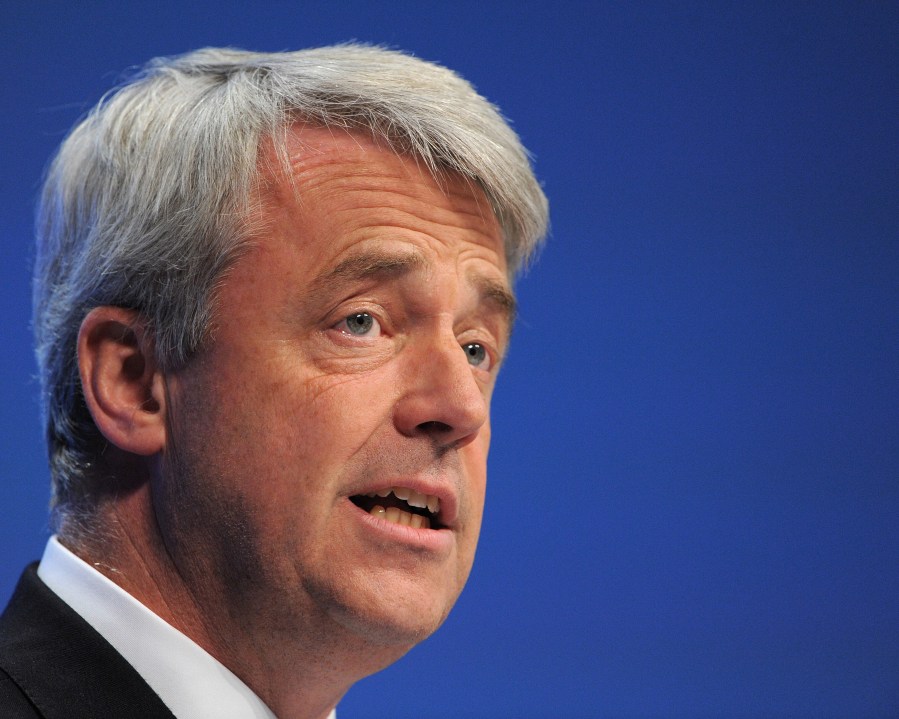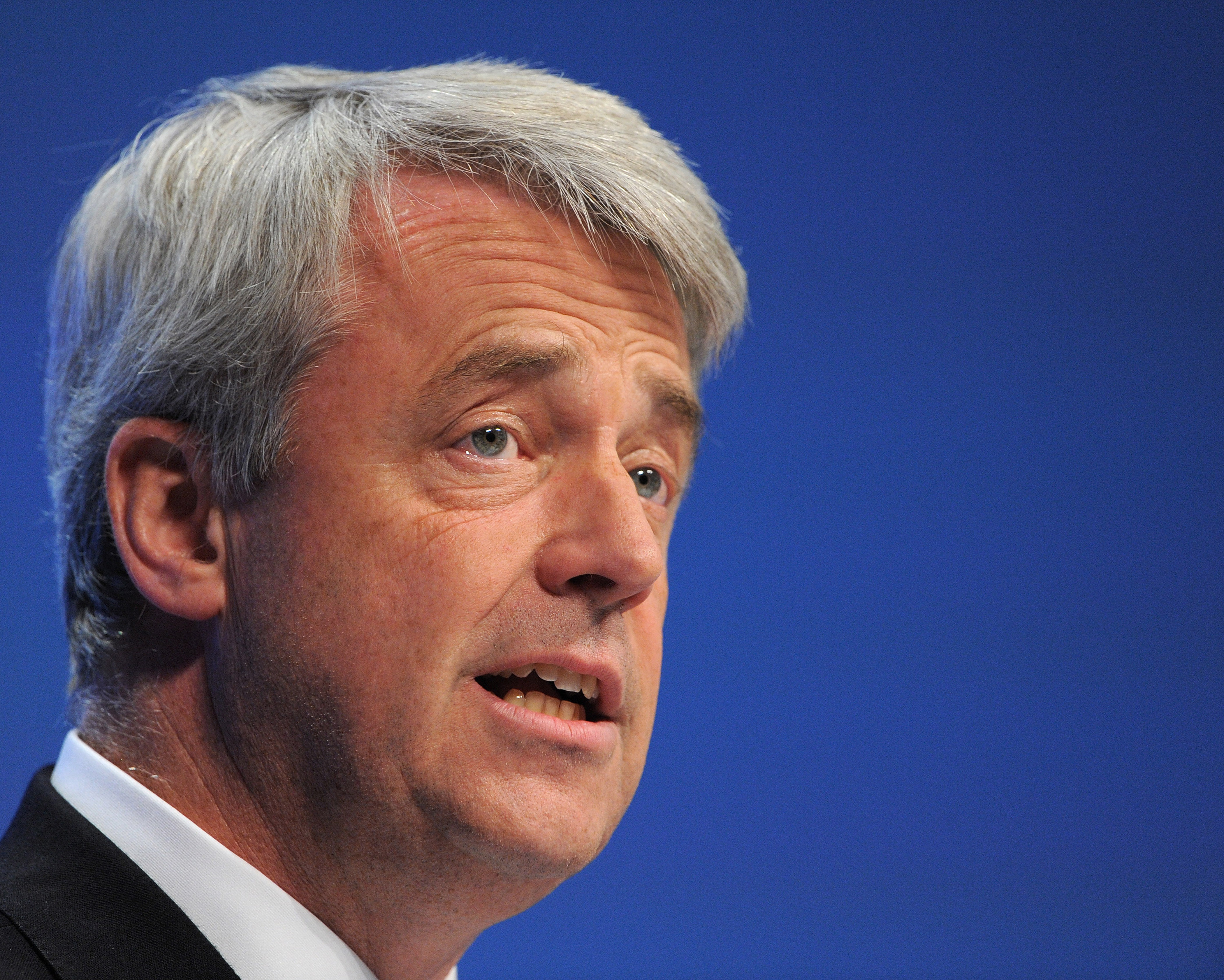A small war has broken out over Lansley’s NHS Bill — ConservativeHome has three Cabinet members attacking it. I find that shocking. At least a dozen want the Bill killed, and why ConHome found just three is beyond me. Politically, it’s probably impossible for Cameron to drop it. But if it was torn up, I for one would shed no tears. For what it’s worth, here’s my take.
It’s depressing to think that Alan Milburn’s NHS Plan of 2000 was both more radical and more sensible than what Andrew Lansley is serving up now. The whole debacle has shown politics at its most petty, partisan and pointless — a complete contrast to the coalition’s approach to school reform, which has been to fit rocket boosters to a very good Labour reform. As Ronald Reagan said, ‘There’s no limit to what you can accomplish if you don’t care who gets the credit’. Lansley has demonstrated the converse: it’s amazing how little you can accomplish when you try to claim credit.
When Cameron was elected leader, he ditched Liam Fox’s other (better) idea of ‘patient passports’, adopting the Old Labour sectarian language by saying he didn’t want a
‘few to opt out’. Lansley changed tack, trying to ingratiate himself with ‘the professions’ as he would reverentially call them: the unions, hospitals, and providers who
were opposed to the Milburn reforms. Alan Milburn took a radically different view of the NHS: that it should be a mechanism for paying for healthcare, not necessarily providing it. As he told me in 2002:
The established NHS healthcare providers hated this, hated competition, hated Milburn himself. When John Reid and then Patrica Hewitt carried on the reforms, drawing fire from the unions and the NHS establishment, Lansley saw an opportunity. He’d be all clever, counter-intuitive and attack Labour from the left. ‘Stop the cuts!’ he said, joining protests against Labour’s attempted rationalization of the health service, publishing lists of wards he imagined would be at risk from Labour and at one stage trying to lead an anti-cuts petition.‘If there’s spare capacity in a BUPA hospital, and I can buy it up and have someone treated more effectively — as an NHS patient, am I going to say because of some bizarre, Byzantine, outdated, ideological reason, that that is a bad thing? You’ve got to be joking. You have got to be joking.’
Cameron thought he’d pick his battles: radicalism on education, reassurance on health. You can see the logic. But then Lansley decided to launch the longest NHS Reform Bill in history,
creating an almighty bullseye which every special interest group in Britain took aim at. When Lansley was announcing his ‘pause’ last April, he said that he didn’t even need legislation to achieve the bulk of his
reforms:
You can just imagine Cameron shouting at the TV screen: then why didn’t you? Why go poke all these sleeping dogs? Why not just get on with it? The answer is hubris. Lansley (unlike Gove) would not credit his predecessors for the brave reforms or the considerable progress they made. He wanted it to be his NHS, his rules.‘As Secretary of State, I could have done most of this without the legislation: I could have just abolished most of the primary care trusts and strategic health authorities.’
The tragedy is that Lansley’s ideas are good, but his inept handling has blackened the name of NHS reform. He sees his role as being an NHS policy expert. He’s wrong. Secretaries of State can hire policy experts: the minister’s job is the politics. Making and winning arguments; knowing when to pick battles; knowing that legislation invites political fire — so should only be used when necessary. He’s there to govern, not make needless new laws. And while Number 10 is exasperated with his appalling handling, someone should have spotted this. Lansley, in his defence, did talk about this in speeches before the election — but his speeches have a soporific effect which Number 10 obviously found irresistible.
Lansley’s NHS Bill will surely feature amongst the top ten legislative cock-ups in Westminster’s postwar history. It has retarded, not advanced, the cause of NHS reform — and, worst of all, it was an entirely unnecessary battle.
P.S. There was speculation about ennobling Alan Milburn and having him replace Lansley. But I suspect Milburn’s served his time. I’d sooner ennoble Paul Corrigan, who advised Milburn and whose blog has been essential reading throughout this debacle.








Comments